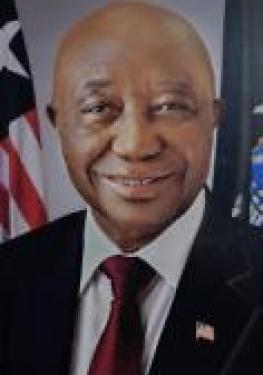The Environmental Protection Agency (EPA) through the United Nations Development Program (UNDP) Energy & Environment Program/Country Program Support intents to support the Government of Liberia through the Environmental Protection Agency to conduct an assessment on needs of People with Disabilities (PWDs) residing near Protected Forests that contains appropriate suggestions on handy craft skills development for their empowerment/livelihood.
People with disability in Liberia face many challenges. The cultural attitude towards disability in Liberia is largely negative. Often, it is seen as the result of witchcraft or as punishment for a person's behavior. However, the government and non-governmental organizations (NGO) are working towards a more inclusive country for people with disabilities.
Statistics from 2008 show that around 14 percent of the population of Liberia has a disability. (1"Liberia”. HI. Retrieved 2020-07-07).
The Second Liberian Civil War caused various types of disability to as many as 800,000 people and Many people in Liberia have congenital conditions, but others become disabled due to birth trauma. (SIDA 2014, p. 1 and Van Aperen, Faustina (2019-04-04). "Liberia: Trade union actions on decent work for people with disabilities". PSI. Retrieved 2020-07-06).
Over 1 billion people live with some form of disability The number of people with disability are dramatically increasing. This is due to demographic trends and increases in chronic health conditions, among other causes. Almost everyone is likely to experience some form of disability ─ temporary or permanent ─ at some point in life. People with disability are disproportionately affected during the COVID-19 pandemic. If health services for people with disability exist, they are invariably of poor quality or under resourced. There is an urgent need to scale up disability services in primary healthcare, particularly in rehabilitation interventions. Disability refers to the interaction between individuals with a health condition (e.g. cerebral palsy, Down syndrome and depression) and personal and environmental factors (e.g. negative attitudes, inaccessible transportation and public buildings, and limited social supports). (WHO, 1 December 2020).
See details:



